In my years of teaching, I’ve come to realize that most people are afraid to write poetry. Even people who like to write other things like novels or screenplays are scared of it. Why is that?
Mainly, I think it’s because our teachers make it look hard. Usually in school, teachers start out with some of the greatest of all poems and discuss the ideas in them – complex metaphors about what it means to be an American, the hidden meaning of god, or the true difficulty of love, and pretty soon you feel like you have to be W.B. Yeats writing “The Second Coming” before you can call yourself a poet. Plus, there’s all that metaphor and personification. How were we supposed to know that the lion was a symbol for Jesus or that the widening gyre was a metaphor for World War II? How do we know that a rose is a symbol of love or that the lilacs are cruel because life is horrible?
People think poetry is incredibly complicated, and if the great writers like Auden or Dickinson can’t make it clear enough to understand, what hope do any of us have in saying what we want to say?
Like trying to write a college admissions essay, when faced with the idea of writing a poem, most students believe they need to say something really important, honest, revelatory, attention-getting, and brilliant. And they need to do it in a way that’s so clever and specialized that only the very clever Ph.D.-holding, corduroy-wearing elites will know what it means.
That’s a lot of pressure to put on someone when you tell them to write.
Right?
What most people do not realize, and what I try to instill in my students first thing, is that writing poetry is actually quite easy.
Maybe explaining what it means is difficult. Trying to decide why a poem is good or not so good provides more of a challenge, but writing one is simplicity itself.
As Walter Wellesley “Red” Smith said in 1949, “There’s nothing to writing. All you do is sit down at a typewriter and open a vein.” Steve Martin writes in his famous New Yorker piece, “Writing is Easy”, “Writing is easy. Just look into the face of a rose and tell its story.” While a published poem may arrive to the reader as mind-blowingly cosmic, the fact is, most poems start out quite small – little more than the description of some ants crawling across a desk or a declaration of love for someone nobody knows and who, by the time you read about them, is already dead.
Most people don’t realize that writing poetry is less about Allen Ginsberg’s, “ancient heavenly connection to the starry dynamo in the machinery of night,” and more about everyday truths, small happenings and fleeting human moments (which, when you feel them deeply enough, are equivalent to that ancient heavenly connection). In an age when telling the truth is a revolutionary act and face-to-face contact comes through a screen, just taking time to talk about something commonplace like, let’s say, “a narrow fellow in the grass” (Emily Dickinson) whom we spotted on our way to work, well. Damn. You’d think a writer with that much observational power must have a special pipeline to deeper, unfathomable mysteries.
As one of my writing teachers, Jack Grapes said in class one time, “Being wants to connect with being.” No matter how sophisticated or distracted we get, that’s what we all really crave. Connection. One person stripping away a thin layer of bullshit, reaching out an authentic hand to pat you on the back or just say, “Hello. It’s me.” The texture of someone’s real skin against ours. The texture of an authentic voice as it rubs up against the ear or presses on the nervous circuitry of the heart.
It’s simple, and it’s natural. It’s what we are born to do.
step one: write like a baby again
Have you ever seen a baby looking around at the world? They don’t get bored by the trees or the sky or rivers. They don’t wait until they have something interesting to react to before they cry, laugh, or coo. Better yet, have you ever seen a slightly older baby looking at a newborn? The other day I was in a coffee shop when a mother pushed her stroller in line. In front of her was a little girl, maybe three years old, who turned around. She was wearing a pink checkered dress, her hair in pigtails, and she walked over to the stroller and cooed out, “Baaaaaaby,” with such awe and admiration you’d think she was an art student gazing upon the Sistine Chapel. Then she turned to her father, pointed him in the direction of the stroller and said it again, “Baaaaaaby.”
By now pretty much every person in the coffee shop was looking at the three year old who was looking at the baby. Occasionally we would look at one another and at the barista and scrunch our faces, murmur involuntarily, and press our hands to our hearts, and cover our mouths to stifle an emotional laugh. There we all were, enchanted as hell, watching the human race standing around, getting fascinated with itself.
What is it about babies looking at babies that has the potential to bring an entire coffee shop to a halt? It’s because we are all human, and all human together. We forget it sometimes with technology and politicians and fighting and checkbooks and the music business and taxi cabs and war. But the babies never forget. Ideally, some writers, and sometimes even the act of writing itself, can bring us back to this state. Why? Because we’re still babies deep down, and if we’re not babies all the time, we are trying to remember how to be babies, seeing the world for the first time.
As for all of that other gobbledygook– the metaphors and similes, attention to detail, textured tonality – the funny thing is, that stuff is natural too. The poet, Hannah Gamble, writes in her essay “The Average Fourth Grader is a Better Poet Than You (and Me Too),” published by The Poetry Foundation, that children naturally use poetic language in a way that most adults have forgotten how to do. Ask someone under the age of seven about their backyard, the moon, or what the color purple is feeling, and you’ll see that they believe in personification. The trees are alive. The moon is talking to them. When they feel happy it is a purple happiness like the kind they ascribe to their purple crayon.
All those literary devices we were “taught” to write in poetry class are, at the core, the kind we used all the time before we learned the moon was a ball of rock, that our crayons don’t have mouths and that our trees don’t have nerves. As Gamble points out, “The average fourth grader is able to [write with original, surprising language] because she hasn’t been alive long enough to know how to do it (and by “it” I mean talk about the world) any other way.”
step two: remember How to Forget
Becoming a poet is a lot less about learning than it is about remembering, or in another sense, forgetting – giving ourselves the freedom to forget the correct way to construct a sentence, express an emotion, or tell our story about living in the world. Teaching poetry, therefore, is less about conveying what you know than it is about encouraging your pupils to know less.
As with meditation, this task is “simple, not easy.” Forgetting everything that you know, stripping down to your bare self, staring at the world with a cosmic wonder, admitting that you are vulnerable, risking saying something terribly stupid – these are all things we usually try very hard not to do in public. Teaching a creative writing class requires, not just a space that is safe, but also some instructions in how to think like a baby again.
Consider the movie Hook, starring the late Robin Williams as a middle-age Peter Pan. Peter left Neverland and grew up, got married, had kids and, for some reason the movie never explains, he became a lawyer. Then one night Captain Hook kidnaps Pan’s children back to Neverland, and Peter has to follow to get them back.
Before he can do this though he must remember how to fly. Even though Pan will do anything to save his kids, even though he’s starting to believe this is real and not a hallucination, he has trouble letting go and remembering how to do the thing he is known for in the story. He has trouble going back to his child-mind, his Peter-Pan-thinking that allowed him to take off. He spends the first half of the movie re-learning how to be a child again. So it is with poetry. For most people it is hard to forget what they know as adults or even as teens and go back to how they thought as children. In a way, forgetting has to be remembered.
Paradoxically, teaching poetry is a lot less about getting to some revelatory cosmic truth and a lot more about stripping away all the bullshit that makes you want to sound like some grand, highfalutin mystical poo-bah and getting down to an authentic, plain, regular old state of being – the kind we may have felt long ago, before we started thinking that we shouldn’t write or couldn’t write unless we had to have something interesting to say.
In fact, for me, my writing career really began when I found the opening of Brendan Constantine’s poem, “Story.”
“Listen, I want to tell you something ordinary,” the poem begins…
Whenever I get stuck in writing, or my students get stuck, I remember that line and start from there. “Listen, reader, I’m going to tell you something ordinary,” and then I go from there.
Step three: read like a baby too
The same is true of teaching. You don’t have to have all the great ideas. You don’t have to have all the answers. In fact, it’s better if you don’t. It’s better if you try getting back to what it is like to be amazed. In short, you have to be a baby, looking at all the other babies, amazed and fascinated by their faces and coos and ideas and stories and songs.
And when your students get stuck, you need to stay amazed and ask them what they are amazed by, be it ever so honest and ordinary. You need to help them get back to that place. “Open a window and tell us what you see. Is it a cat in the alley? Is it a yellow bird? Does the bird remind you of your childhood? Does the color yellow remind you of the colors of your school mascot? Did you have a feeling that is in any way relatable to the human heart? Were you distracted by what you had to do that day?”
I know this makes writing sound simplistic and easy. It is and it isn’t. Like I said, there are a lot of things that distract us from this simple sense of being – pressures to sound smart, get it “right” or think about something more important like what we have in the bank or need to do after class.
There’s a lot of boring language out there. A lot of clichés and “given language” that we learn to tune out because it does not surprise us. Sometimes bad writing will mask a really good idea. The purpose of a good writing prompt is to get the writer engaged in an idea, a memory, a feeling that is compelling enough to push those other thoughts out of the way, and of course, express something that will hold the reader’s attention too.
It is about teaching, or re-teaching, or uncovering poetic ways of thinking.
A lot of that can be done with language itself. Maybe we’ve forgotten how to think and feel and see like poets. Maybe we’ve forgotten how to speak metaphorically, or how to look at the moon as though it were a person, or to empathize with worms and crayons, and listen to the rhythm of a storm cloud in the sky.
But, if we can learn to write again, if we can learn to hear our own voices again, to create from an authentic place, to re-learn the language of poetry, maybe we can see and feel as poets again too. We can start to see that the moon does look like a face, that each tree has its unique personality, and each bird a consciousness. We can see or imagine, or wonder about things the way we did as children. We can learn to self-enchant again. En Chant. Think about that word. We learn to make music with language, and use our language to make music again. In the chapter on making prompts I’ll discuss some very simple ways to help open students up to this self-enchantment and get them writing towards self-enchantment again.
Step FOUR: Sign-up for our free ecourse How to write authentically
One of the main things that the practice of writing poetry can do is help us look more deeply at an object, a person, a place, a love-interest and ourselves to find what is authentic, specific, and unique.
The first step in writing more authentically is not necessarily about being cleverer, or showing off more. It is about probing just an inch or two deeper. Becoming one degree more aware of your surroundings, like a monk or a painter.
Taking a minute to say more precisely what you mean. The way you look at the world, when you do this, will be different for everyone. What you notice will be different, how you describe it, how you react to it, will start to reveal your authentic voice.
Writing may be solitary, but being a writer means making friends with other artists, learning from one another, and trading tips, recommendations and skills.
If you want to learn how to write authentically sign up below for our Free 3-part ecourse, How to Write Authentically.
-
In this short course I’ll share with you 3 different poems and show you how each of their authors took a cliche subject and used it to find their own, authentic attitude and voice.
-
I’ll also share with you 3 exercises that will help you start writing, keep writing, and transform your writing to be authentic.
-
You can sign up for this free e-course using the form below. If you want to ask me any questions, or even share with me what you wrote, email me at Tresha@thepoetrysalon.com.
Pin us on Pinterest! 🙂
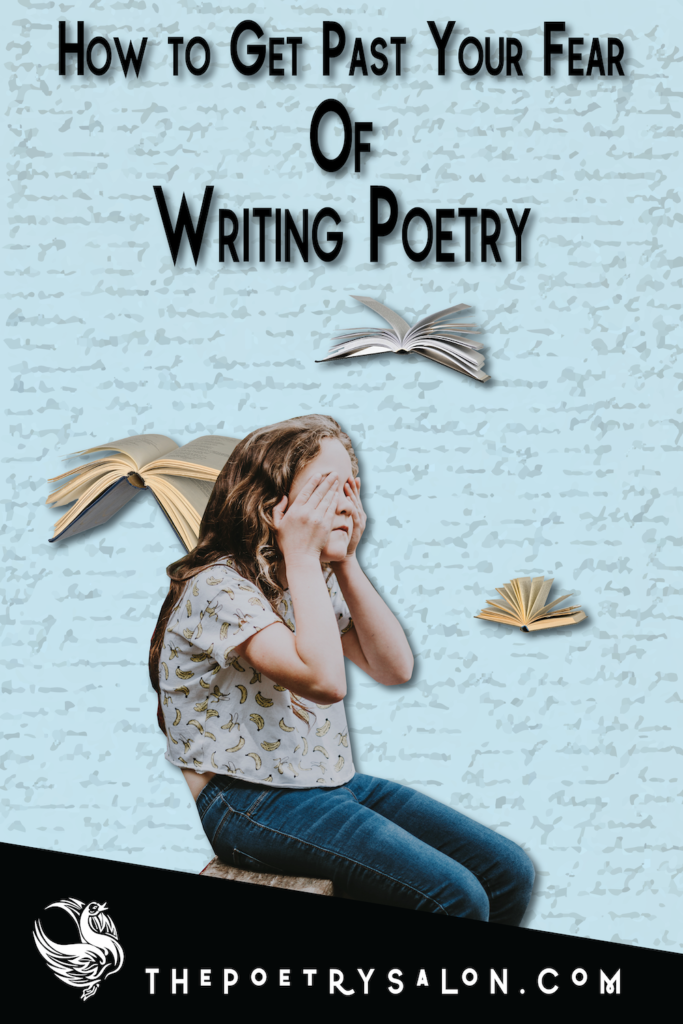
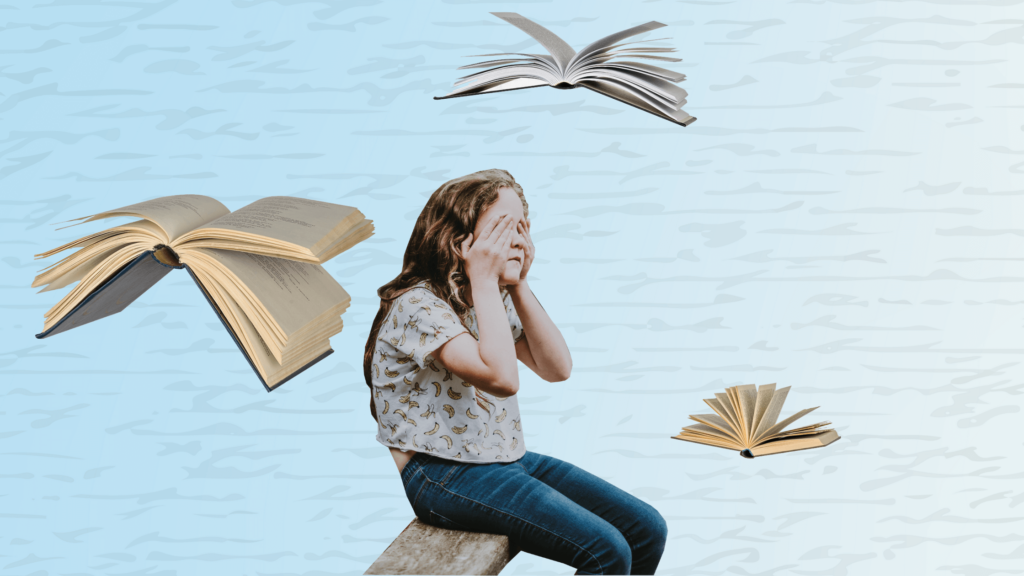
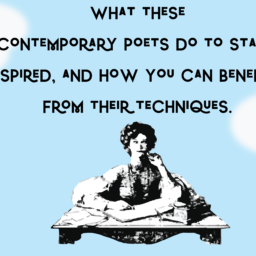
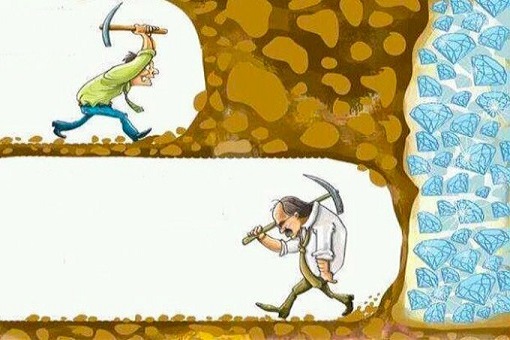
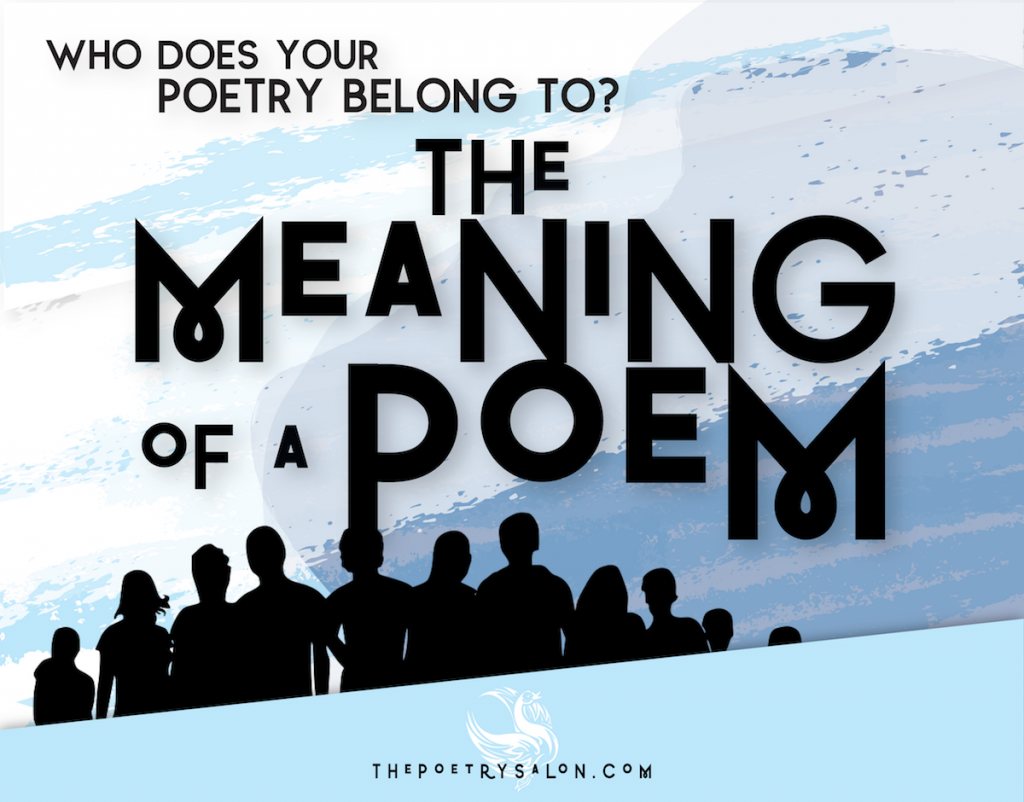
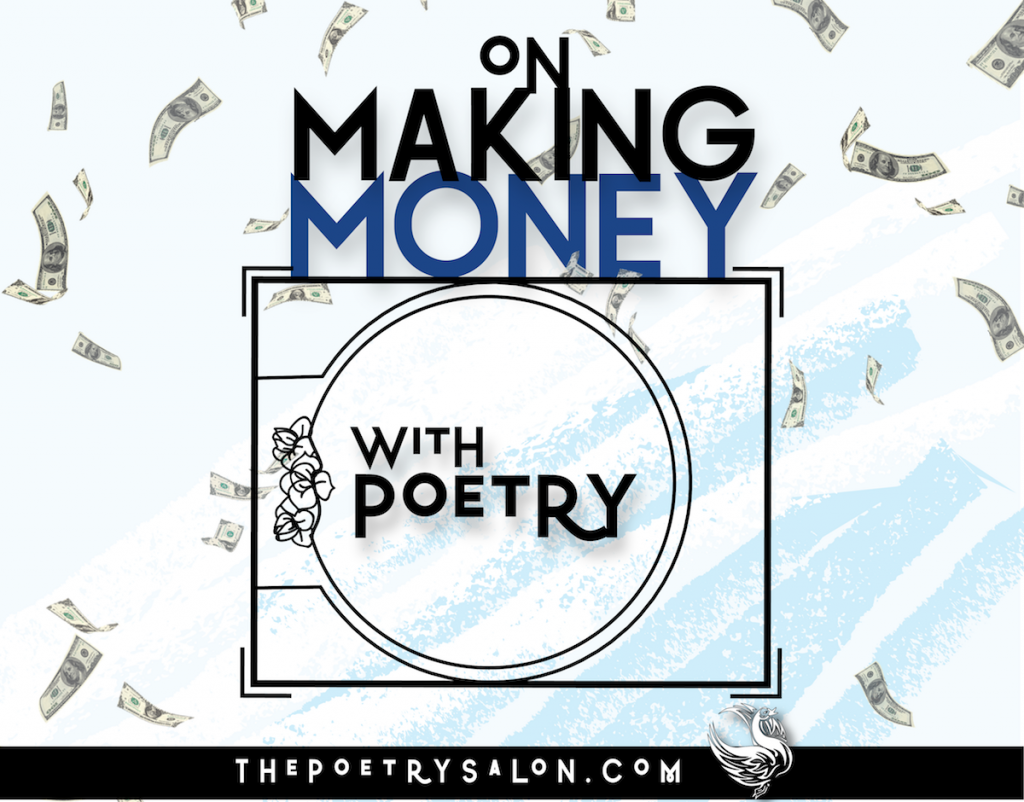
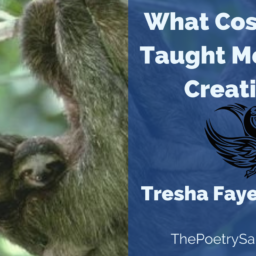
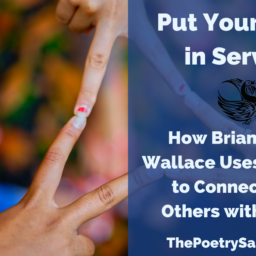
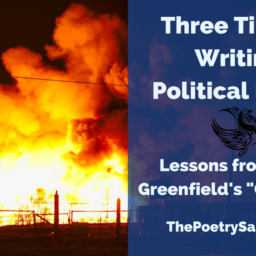
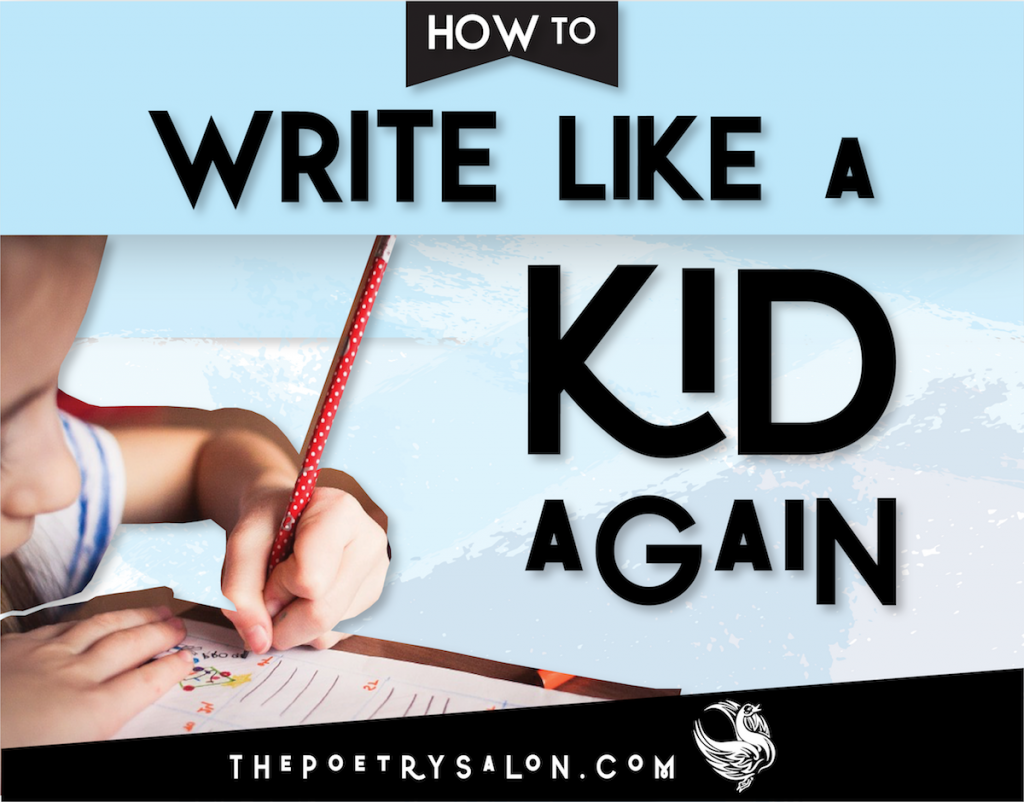
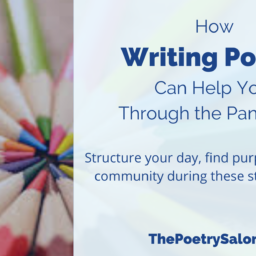
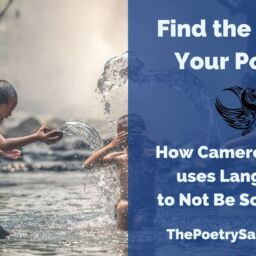
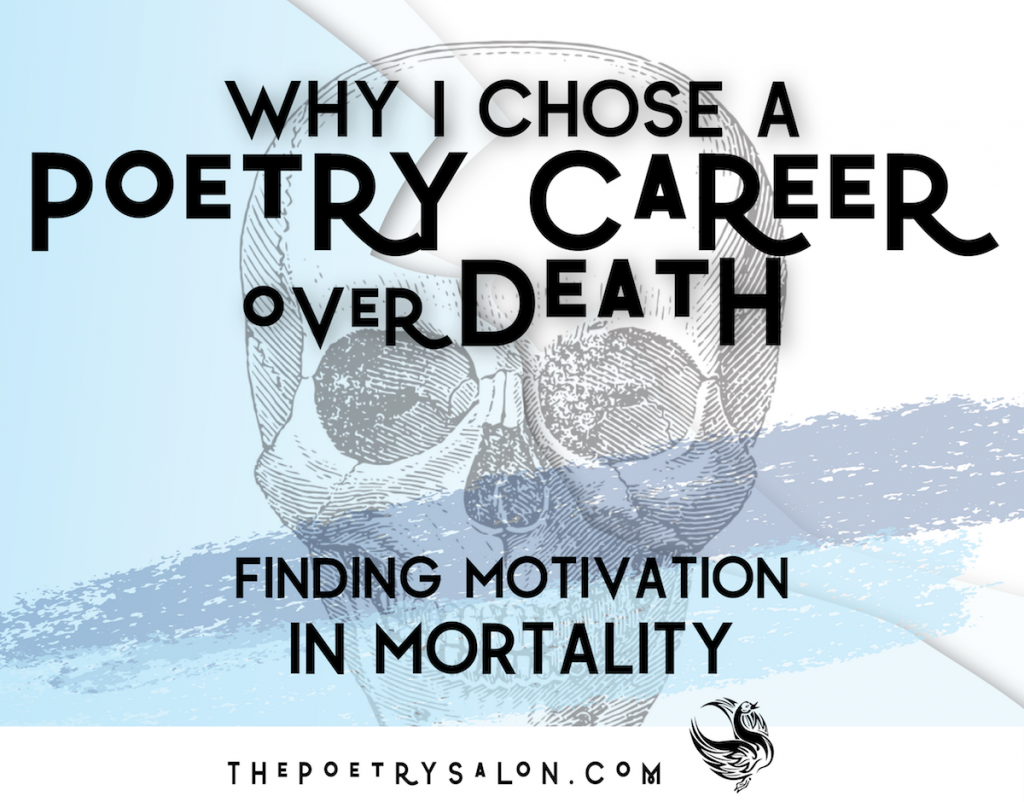
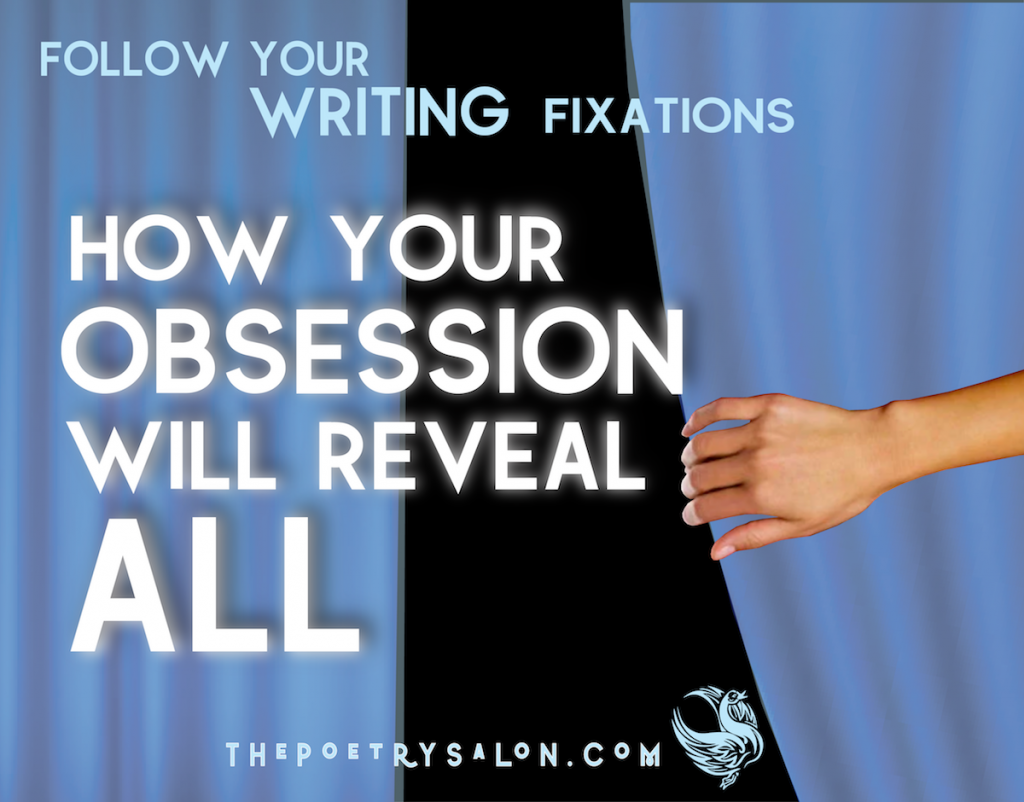
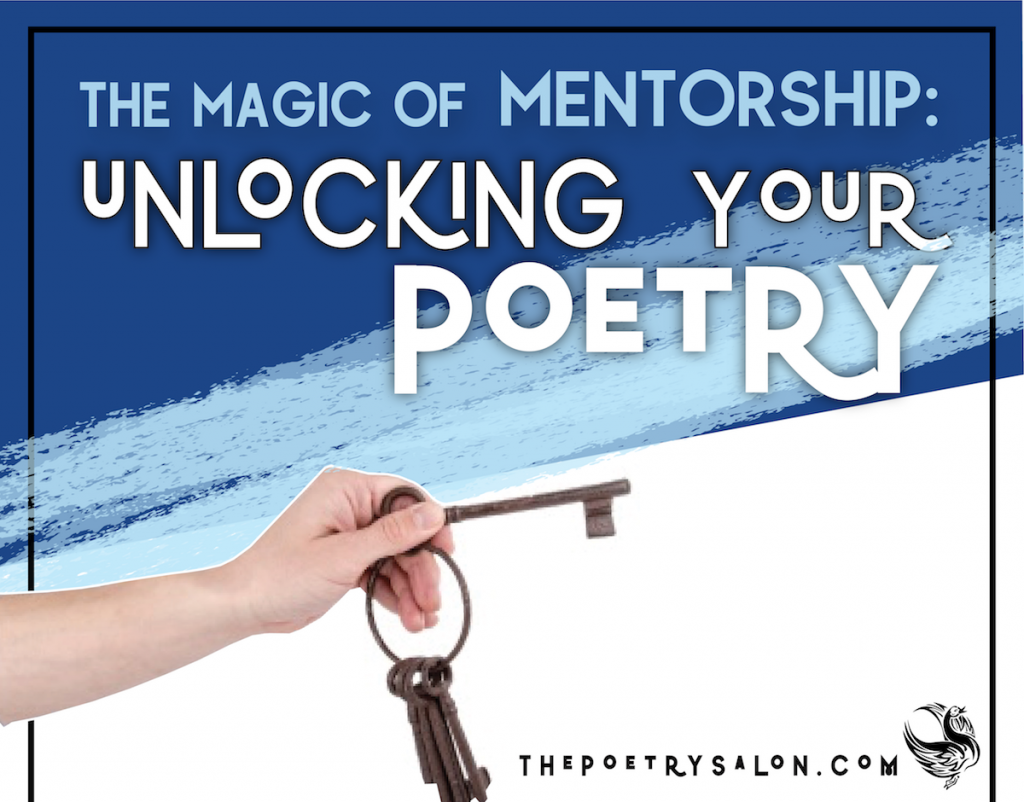
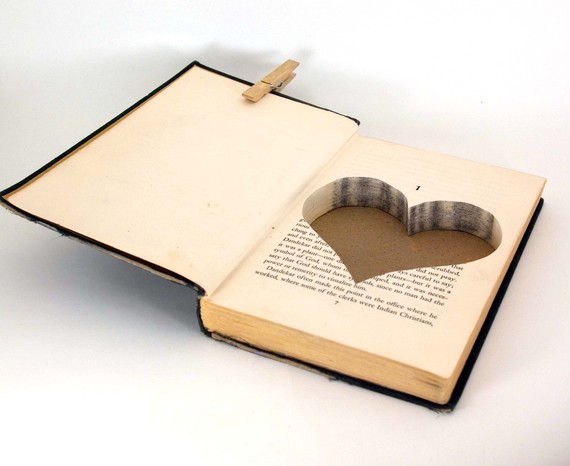
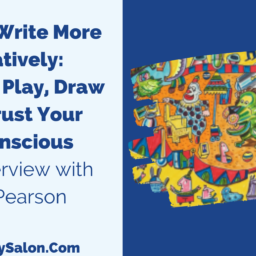
I love Method & Mystery. I write poems, I don’t teach others how to do so. Yet, I find your book’s prompts and guidance both practical and encouraging. The poems you’ve selected are just wonderful, too. They are worth the price of the book in and of themselves.